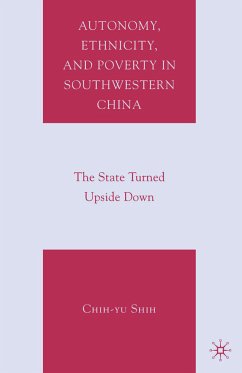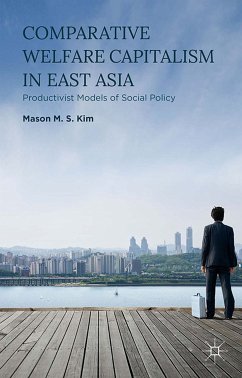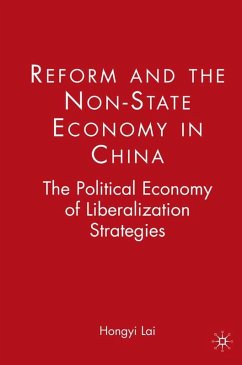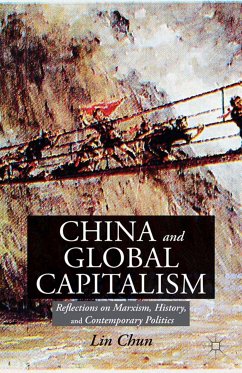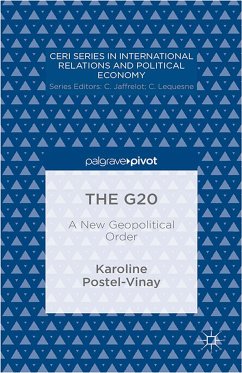
State and Capitalism in China (eBook, PDF)
Versandkostenfrei!
Sofort per Download lieferbar
15,95 €
inkl. MwSt.
Weitere Ausgaben:

PAYBACK Punkte
8 °P sammeln!
China's contemporary political economy features an emboldened role for the state as owner and regulator, and with markets expected to act in the service of party-state goals. How has the relationship between the state and different types of firms evolved? This Element situates China's reform-era political economy in comparative analytic perspective with attention to adaptations of its model over time. Just as other types of economies have generated internal dynamics and external reactions that undermine initial arrangements, so too has China's political economy. While China's state has always ...
China's contemporary political economy features an emboldened role for the state as owner and regulator, and with markets expected to act in the service of party-state goals. How has the relationship between the state and different types of firms evolved? This Element situates China's reform-era political economy in comparative analytic perspective with attention to adaptations of its model over time. Just as other types of economies have generated internal dynamics and external reactions that undermine initial arrangements, so too has China's political economy. While China's state has always played a core role in development, over time prioritization of growth has shifted to a variant of state capitalism best described as, "e;party-state capitalism,"e; which emphasizes risk management and leadership by the Chinese Communist Party (CCP). Rather than reflecting long-held intentions of the CCP, the transition to party-state capitalism emerged from reactions to perceived threats and problems, some domestic and some external. These adaptations are refracted in the contemporary crises of global capitalism.This title is also available as open access on Cambridge Core.
Dieser Download kann aus rechtlichen Gründen nur mit Rechnungsadresse in A, B, BG, CY, CZ, D, DK, EW, E, FIN, F, GR, HR, H, IRL, I, LT, L, LR, M, NL, PL, P, R, S, SLO, SK ausgeliefert werden.









